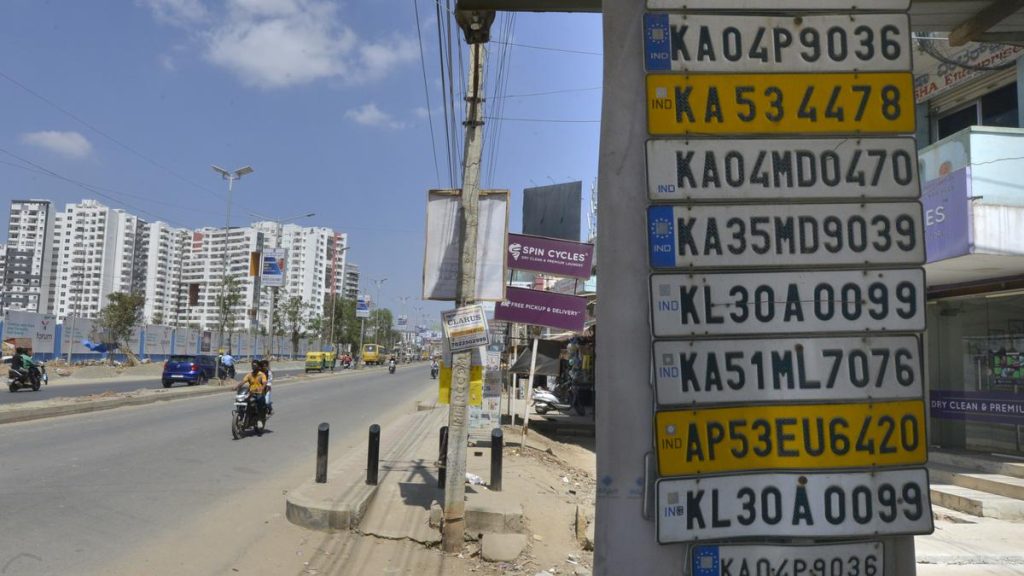Now Reading: GCDA Forms Task Force for Land-Pooling in Infopark Phase-3
-
01
GCDA Forms Task Force for Land-Pooling in Infopark Phase-3
GCDA Forms Task Force for Land-Pooling in Infopark Phase-3

Speedy Summary:
- GCDA Role: The Greater Cochin Advancement Authority (GCDA) will start formalities next week for the third-phase expansion of Infopark Kochi using land-pooling.
- Legal Framework: GCDA has been designated as the appropriate authority under Section 56 of the Kerala Town and Country Planning (Amendment) Act, following land-pooling rules published in a government gazette on March 16, 2024.
- Phase Three Challenges: Approval for Infopark’s third-phase expansion is still awaited from the government despite space constraints hindering over 100 companies waiting to enter.
- Planned Land Allocation: Out of scanned 1,500 acres, GCDA plans to identify around 300 acres for pooling. Of this, 100 acres would be allocated to Infopark Kochi, while the remaining land would be enhanced with infrastructure and partially returned to original landowners per pooling policy guidelines.
- Land Pooling Provisions:
– Returned land must adhere to a framework where 30% is allocated for commercial/industrial/housing use; remaining plots go back to owners.
– Landowners with thresholds ranging from five hectares (municipal corporations) up to ten hectares (panchayats) can apply for inclusion in pooling schemes within their areas.
– Consent from at least 75% of affected owners is required, but non-consenting owners must also be included under certain conditions approved by authorities.
Indian Opinion Analysis:
GCDA’s proactive adoption of Kerala’s new land-pooling rules signals growing interest in leveraging innovative urban planning measures for rapid IT infrastructure expansion. By involving local stakeholders through inclusive mechanisms like pooled development and conditional return policies, authorities are balancing developmental priorities with private property rights-a critical factor given india’s sensitivity toward large-scale acquisitions.
Though, delays in government approval hinder further progress when space shortages persist at such flagship institutions as Infopark Kochi-the backbone supporting India’s digital ecosystem aspirations.With over 100 companies currently stalled due to lack of resources, expedited decision-making on phase three appears vital not just regionally but nationally as India continues courting global tech investments.
The promise lies within effective collaboration between policymakers and property holders-if trust remains intact through obvious execution frameworks ensuring equitable distribution benefiting all parties involved long term.
Read more: Click Here






















